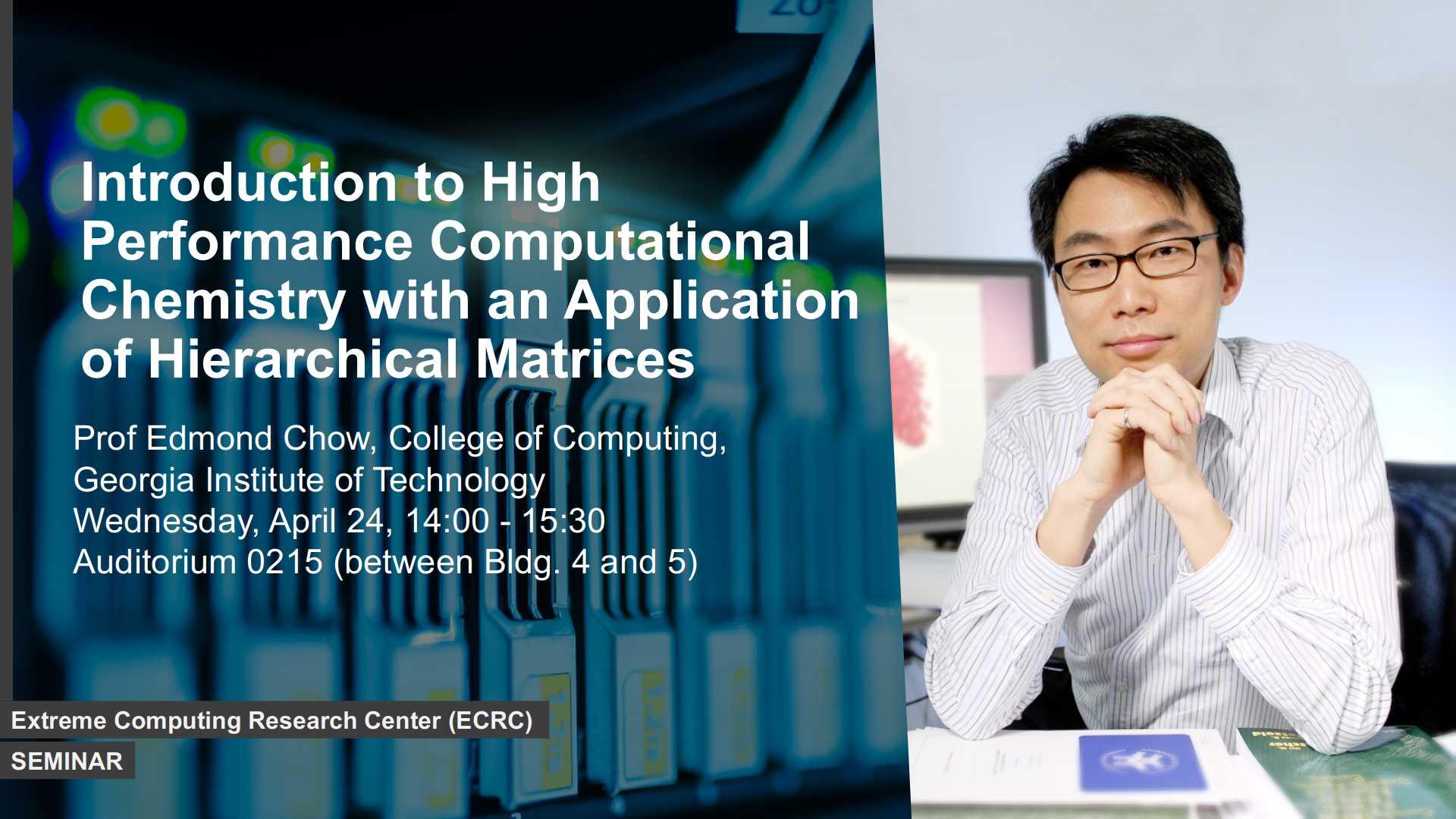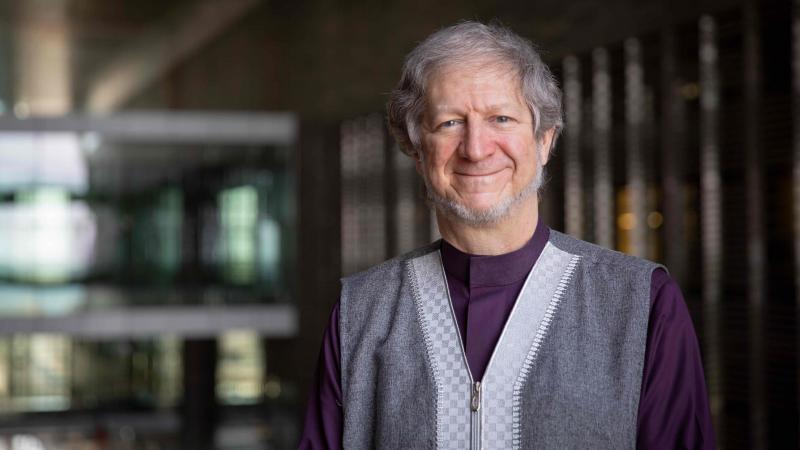Abstract
This talk begins with an introduction to quantum chemistry for HPC researchers. We discuss the main computational kernels, how their performance is limited by various bottlenecks, and algorithms and implementations that improve performance. One particular kernel is the calculation of the Coulomb matrix. Whereas the fast multipole method (FMM) can be used to rapidly compute the Coulomb potential for sets of point charges, continuous variants of FMM were developed in the 1990s for sets of charge distributions that arise in quantum chemistry. However, these methods are severely limited because large numbers of charge distributions overlap, and their interaction must be computed by direct evaluation rather than by multipole expansions. We employ a hierarchical matrix representation and show that the interaction between sets of separated but overlapping distributions can be represented in low rank form. An essential step is to use a new proxy point method to avoid computing all the elements of the 4-dimensional electron repulsion integral tensor that must be compressed.
Biography
Edmond Chow is an Associate Professor in the School of Computational Science and Engineering at Georgia Institute of Technology. He previously held positions at D. E. Shaw Research and Lawrence Livermore National Laboratory. His research is in developing numerical methods specialized for high-performance computers, and applying these methods to solve large-scale scientific computing problems. Dr. Chow was awarded the 2009 ACM Gordon Bell prize and the 2002 U.S. Presidential Early Career Award for Scientists and Engineers (PECASE). He serves as Associate Editor for ACM Transactions on Mathematical Software and previously served as Associate Editor for SIAM Journal on Scientific Computing.

